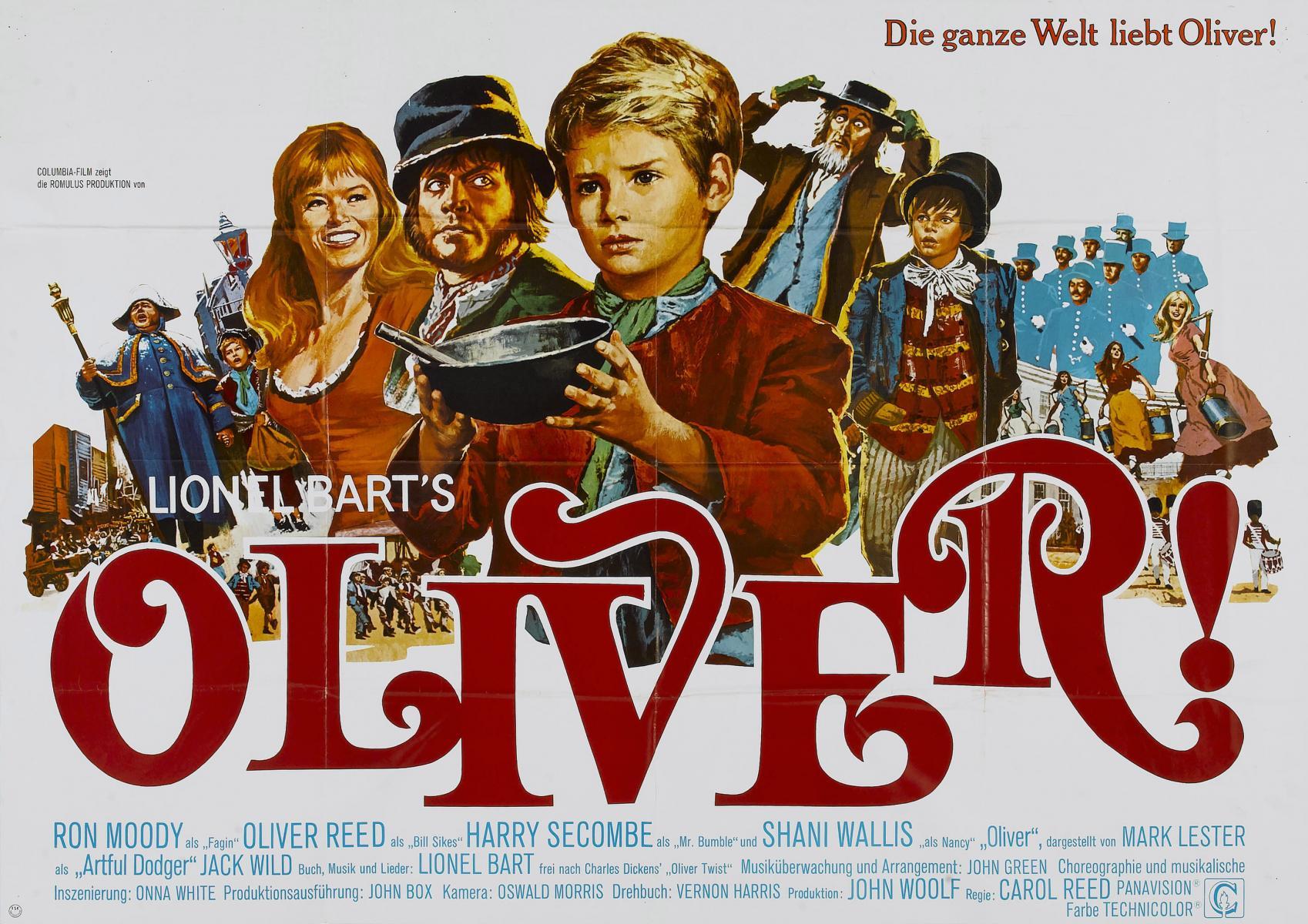
10 Interesting Facts and Figures about Oliver! (1968, Carol Reed)
“Oliver!” is a classic British musical film directed by Carol Reed, released in 1968. Based on Charles Dickens’ novel “Oliver Twist,” the film captures the struggles and adventures of a young orphan in Victorian England. With its memorable songs, enchanting performances, and rich visuals, “Oliver!” has left an indelible mark on British cinema. Here are ten fascinating facts and figures about this beloved film.
1. Academy Awards Success
“Oliver!” won a total of five Academy Awards, including Best Picture, Best Director for Carol Reed, and Best Adapted Score. This success solidified its status as a classic in the musical genre.
2. Box Office Triumph
The film was a commercial success, grossing over $9 million in the United States alone upon its initial release. Its popularity contributed to the resurgence of musical films during the late 1960s.
3. Iconic Score
The film features music and lyrics by Lionel Bart, with memorable songs such as “Consider Yourself,” “Food, Glorious Food,” and “As Long As He Needs Me.” The soundtrack has continued to be celebrated in various stage adaptations and revivals.
4. Young Cast
The role of Oliver Twist was played by Mark Lester, who was just 10 years old at the time of filming. His performance, alongside the talented young ensemble cast, helped bring the story to life.
5. Location Filming
Many of the film’s scenes were shot on location in England, with notable filming in the historic areas of London. This authenticity added to the film’s gritty realism and immersive atmosphere.
6. Innovative Cinematography
Director of Photography Oswald Morris employed vibrant colors and dynamic camera angles to enhance the storytelling. The film’s visual style contributed to its acclaim and remains influential.
7. Stage Origins
“Oliver!” originated as a stage musical, premiering in the West End in 1960. The success of the stage version paved the way for the film adaptation, which became a significant cultural phenomenon.
8. A Unique Casting Choice
Ron Moody’s portrayal of Fagin earned him critical acclaim and a nomination for the Academy Award for Best Supporting Actor. His unique interpretation of the character brought depth and complexity to the role.
9. Lasting Legacy
The film has inspired numerous adaptations, including revivals on stage and television. Its impact on the musical genre continues to resonate, with “Oliver!” being a staple in theater productions worldwide.
10. Cultural Significance
“Oliver!” is often credited with revitalizing interest in Dickens’ works and introducing new audiences to the author’s themes of poverty and social justice. Its enduring relevance speaks to the power of storytelling through film.
Conclusion
“Oliver!” remains a cherished classic that combines powerful storytelling, enchanting music, and striking visuals. Its success in both critical acclaim and box office performance has secured its place in film history. As audiences continue to discover or revisit this masterpiece, the film serves as a reminder of the timeless nature of Dickens’ story and the magic of musical cinema.
Discover more from Anglotees
Subscribe to get the latest posts sent to your email.
